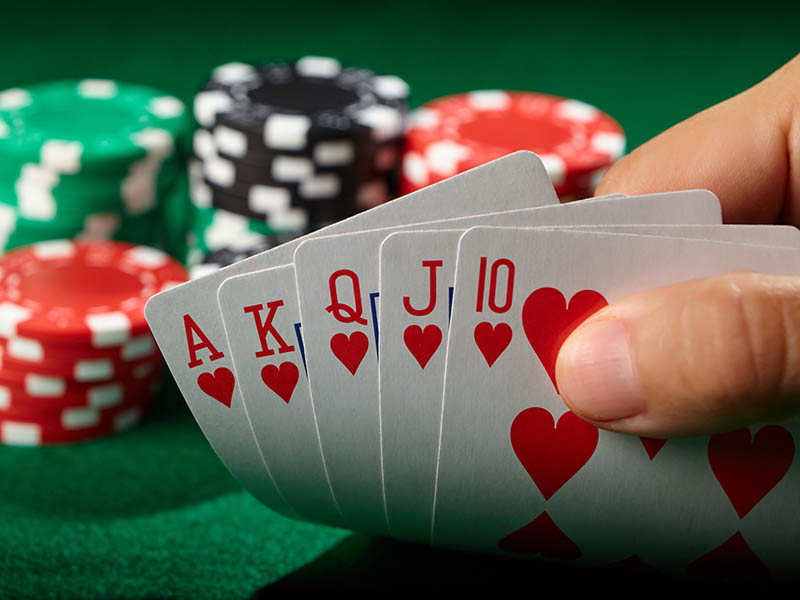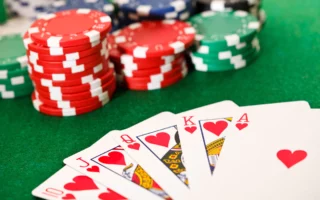What player development does for poker is create a logical, educated reason for you to be in a hand. Think about this for a moment. Can you come up with reasons why you should call, bet, or fold? If you can create reasons why you are in a hand then you are better than your opponent because you are using player development. This is poker philosophy put into action.
You can improve your poker game through player development because you are constantly trying to find ways to be in a hand. Maybe you are playing a limit game and feel like you can take a loss and still have enough money to spend. That’s player development. You are investing time and money to become better than your opponents and you will get both results. You will improve your poker game and you will get better as a poker player.
Maybe you are playing tournaments and you aren’t making the money. This is player development. You are playing beyond your financial means to try and get better for when you get to the WSOP. You are willing to put in a lot of time and money to achieve your goal because you are optimistic that you will finally win a big poker event.
Player development does not guarantee a win every time. Poker is a game of variance and even the best player in the world can have negative variance. However, the best player can still win many hands even when they have a negative variance. They may not win every time, but they still win and profit in the long run.
If you think you can win every hand, you are wrong. You can’t and you never will. You can only push your poker odds as far as you can. You’ll need to learn how to win hands, so you can survive the majority of hands you play. surviving the majority of hands is how you achieve success at poker. Being able to win most of the time is how you win a lot of money.
This is how the Pros play. The Pros are able to win almost half of the hands they play. They are able to do this because they are playing the correct cards and they know the odds of winning the hand. The division between winners and losers in poker is based on the odds of the cards coming to the river.
Your poker odds are the odds of getting the card or cards you need to have a winning hand. Knowing the odds of various cards coming to the river is essential to how you play your hand. These odds can be affected by how many other players are in the hand, how many cards are already dealt from the flop and turn, and even the amount of time left in a round.
Players who are against you at the table also affect your poker odds. If you are up against several players who are betting aggressive, you’ll need to be more careful which cards you play. In general, the more players in the hand, the lower your chances of winning the pot.
The internet is also great for poker odds. You can do your odds for or against a hand at a particular site. Sometimes poker rooms have different bonuses and promotions. You can earn points on your account to count toward the promotions and receive more bonuses.
The last way you can achieve success in poker is by reading poker books and playing more. Boyd suppose you can learn a particular hand reasonably well, but still not very well, if you play many pots. He thinks you can learn an opponent’s hand by 4-5 hands. If you try to remember what cards were played, and which ones weren’t, you will be much better.
Conclusion
Poker is a game of skill. You won’t get very good unless you practice. Much practice can be done in free poker games online. The great thing about online poker rooms is that you can learn from many other players. You don’t have to play against the best players.

